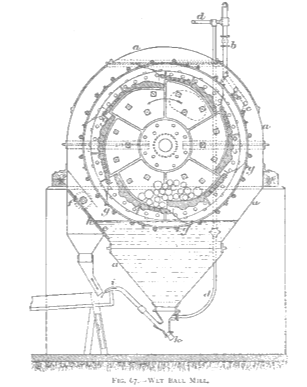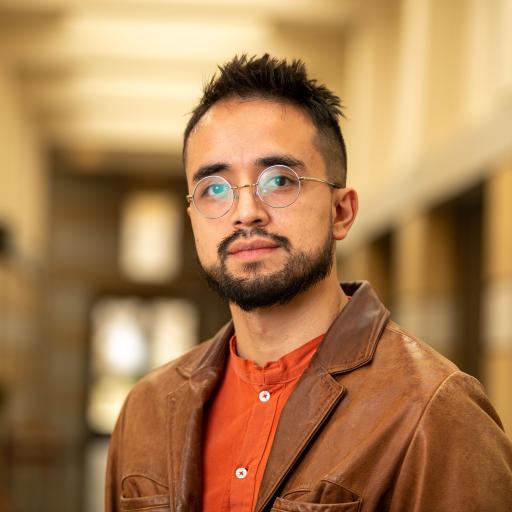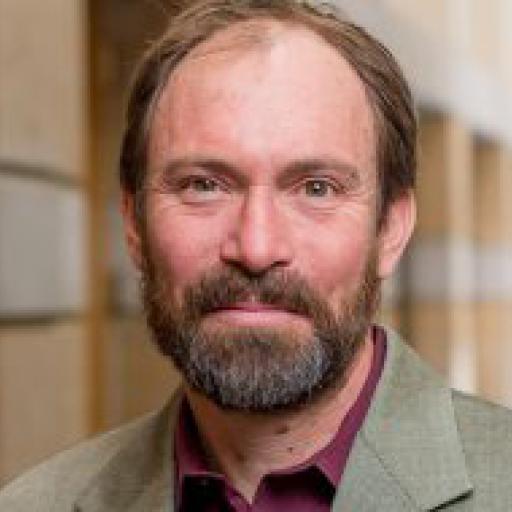Engineering
Professionalized, university-trained engineers were rare before the 1870s, but engineers quickly came to be a critical element in the development of planned organizations and societies in the twentieth century. University-trained engineers worked across the globe for local and multinational firms, for imperial and national governments, and in independent consulting arrangements. Both corporations and state bureaucracies sought new knowledge—and the experts who could apply “useful knowledge”—in order to manage the increasing geographic scale and scope of their ambitions in the late nineteenth and early twentieth centuries. The expanding production and global mobility of engineering talent during this period, the roles engineers played within firms and states, and the resulting global networks of knowledge, expertise, and innovation, constituted a new infrastructure on which the strategic planning and governing capacity of both multinational corporations and state bureaucracies were built. These two organizational forms would dominate economic life through the remainder of the twentieth century, they still battle over control of the (now digital) knowledge economy, and we have recently witnessed a reaction against the privileged place of globalized expert knowledge.

A Rapid Expansion
Engineering education expanded rapidly in the United States and Western Europe in the last decades of the nineteenth century. A globalized engineering profession was not, however, simply the result of unidirectional global diffusion, with expertise and knowledge flowing from the West to the rest of the world. Engineers, in fact, moved back and forth across an increasingly dense network. Engineering educational and training programs were established in India, China, Japan, Latin America, and elsewhere, often with strong nationalistic overtones. And engineers were prolific in sharing technical information and empirical data within professional associations and through the pages of professional journals. These journals received information from around the globe and produced articles, reports, op-eds, notices, and letters that were then shipped and shared to tens of thousands of readers; they provided arterial pathways for a multi-directional exchange of new knowledge within an emerging global network.
This website provides a hub for researchers, teachers, and the general public interested in the global history of engineering.
Project Directors
Contact Us
If you have questions about this project, the data we have collected, or our plans for the future, please contact us using this form

Edward (Ted) Beatty
University of Notre Dame
1010R Jenkins Nanovic Halls
Notre Dame, IN 46556
United States
Israel G. Solares
UNAM-El Colegio de México
Carretera Picacho Ajusco 20 Ampliación
Mexico City, IN 14110
United States

